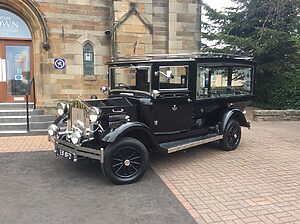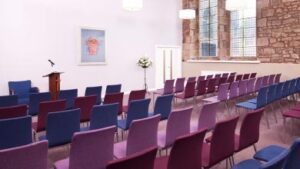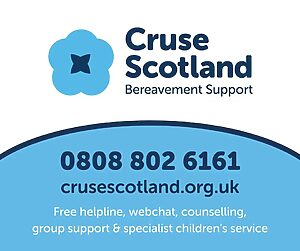Funeral Planning
Arranging a funeral can be a difficult time, you can contact us 24 hours a day, so please call us at anytime.
Our offices are open from 09:00 to 17:00 Monday to Friday, outside of office hours just call 0800 996 1927 or the office number and your call will be directed to our out of hours service.
We’ll guide you through all the steps and choices you have. We’re experienced in arranging a funeral for all, regardless of religion, faith or culture.
Dealing with the loss of a family member or friend is difficult, but knowing what to do and who to contact can make dealing with the arrangements a little easier.
One person, our client, needs to take on the legal responsibility for the funeral, and will also need to make sure the funeral is paid for. If you’re that person, you’ll need to give us instructions for the funeral and make the decisions about what you want.
When you contact us about arranging a funeral we’ll meet you to talk through what you want – this can be at one of our funeral offices, or we can come and meet you at your home, or at your solicitor’s office.
Planning a Funeral
We’ll help you to decide what sort of funeral it will be, here are some things to consider:
- Will it be a cremation or burial?
- Where will the funeral take place:
- A church, a crematorium, a cemetery chapel beside the lair, or somewhere else?
- Would you like a minister or civil celebrant to take the service?
- Will the service be religious or non-religious?
- Non-religious funerals can be conducted by a Humanist, Civil Celebrant, or by family and friends, they tend to focus on the person’s life, personality, and their relationships with other people.
Cremation or Burial?
When arranging a funeral, the choice between cremation and burial may be influenced by many factors such as religion, the wishes of the person who has died or family tradition.
A full service or shorter committal?
All crematoria have chapels. You can either hold the full service there, or just have a short committal at the crematorium after having the main service somewhere else, such as a church.
Webcast or recording the service
Most crematoria have cameras, so that people who can’t be at the service can watch it via webcast or later on DVD. We can advise if this is available locally.
More information
You can read more information about cremations, and the various options available on our website.

Vintage Hearse
People are usually buried in a Kirk yard or cemetery, and you can choose between using an existing liar or purchasing a new one.
Existing lairs
If there’s already a family lair you’d like to use, we’ll need to see all the documents you have for it. Don’t worry if you can’t find the paperwork, we can help. Then we’ll need to check that there’s space in the lair for this burial.
Burial costs
There are charges for buying new lairs, opening lairs and headstones. These charges vary by area, but we’ll tell you exactly how much.
Headstones
Our experienced stonemason can design and prepare a headstone for a new lair or add an additional inscription to an existing memorial.
Other kinds of burial
There are other options too, including burial in woodlands, vaults or at sea. At woodland burial grounds, instead of using headstones, people may be commemorated by planting trees or putting up a simple wooden marker.
More information
You can read more information about burials and the various options available on our website.

Embalming & First Offices
Embalming is the process of preserving a body by slowing down the natural effects of death.
While you may not have heard of the phrase ‘First Offices’ this falls under a funeral directors ‘caring of the deceased’. First Offices will take place in all cases, unless you ask us not to.
When a person has died, their appearance may look different to how they did when they were alive. Embalming can restore their appearance as much as possible. It is often recommended if the funeral is not due to take place for a while. This also allows you more time to spend time in the chapel of rest with your loved one, especially if family members have to travel for the funeral.
Embalming is defined as the preservation of a body from decay through injection of a chemical embalming fluid. The preservative solution (the embalming fluid) replaces the blood as well as treating the body cavity and organs. (Source Funeral Directors Code of Practice).
Please note: Embalming does not affect the cremation process, however for burial if you’re considering an eco-friendly or woodland burial, then embalming is not allowed, as the chemicals may contaminate the environment.
First offices is a process of caring for the deceased to assist with preservation and to make them presentable for viewing, this includes a minimum of cleaning and washing the body, dressing them, closing the eyes and mouth and arranging the hands.
(Source: Funeral Directors Code of Practice)
Additional Information and Support
From what happens when a person passes away, to who you need to contact and the information they require, to helping you understand the choices available when arranging a funeral we’re here to help you every step of the way.
You may also find the information booklet What to do after a death in Scotland useful.
Cruse Bereavement Scotland
We are delighted to support Cruse Bereavement Scotland in the important work they do providing professional support for bereaved adults, children and families across Scotland.
You can contact Cruse Bereavement Scotland on 0808 802 6161 (calls are free) available Monday to Friday 9am to 8pm and weekends 10am to 2pm.



